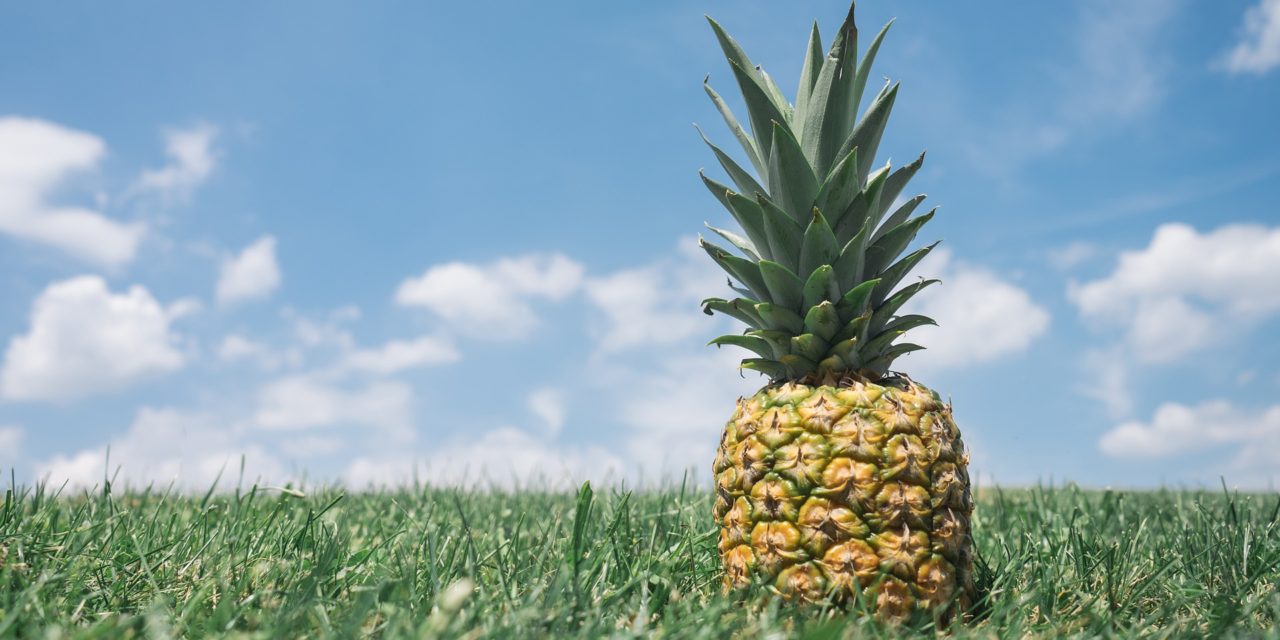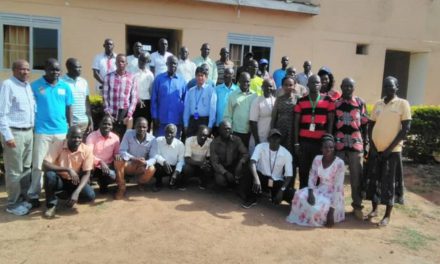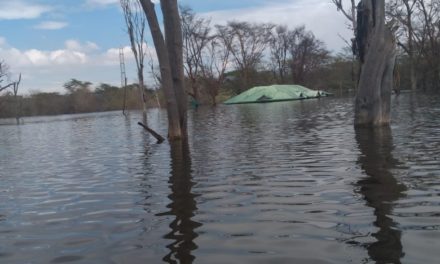
Eburru Community Embrace Fruit Farming to Conserve Forest.

The Eburu community has embraced fruit farming and the use of biogas to maintain sustainable conservation of the Eburu forest.
Fruit farmers teamed up four years ago to initiate a project- Eburu Fruit Farmers- whose aim was to conserve the forest and boost their income. Initially, 25 families venture into fruit farming. Lush green fields of certified avocados(Hass), tree tomatoes, passion fruits, and plum trees dot every farm in the villages.
Paul Thuo, a supervisor at the Kenya wildlife Service Eburu forest appreciates the effort of the community in conserving the forest.
“Initially we had no rain in Eburu. Water was a challenge due to the degradation of the forest. Charcoal burning, fuelwood, and logging were among the activities that were practiced in the forest,” he said.
Challenges of water shortages have been met. Before the locals depended on water from the community tank which could not serve even half of the location.
” It was difficult to get water. The community tank when pumped, could only serve a few people and missing it would force you to part with Ksh 30 per jerrican at the water vending stations, a price that was then too high for the people who could not even afford food.We are now in the dry season but the Eburu community still enjoy frequent downpour,” said Phillip Kiriba, a farmer added.
Farmers harvest their fruits up to four times a year. This is facilitated by the good climate and fertile volcanic soil.
“On a good month an avocado farmer can get Sh100,000. With that income, villagers have no reason to encroach the forest and cut off trees,” Mrs. Lydia Nyota, the group chairperson said.
The farmers sell their fruits to the community and the local market in Naivasha, Gilgil, and some centers in Eburu.
Daniel Maina has 20 avocado trees on his farm. One tree produces almost 1000 fruits.
” I sell one fruit for Kshs10. I harvest the fruits twice a year. I sell to the local residents and the markets in Gilgil, Naivasha, and Nakuru,” he said.
Rhino Ark has also worked with the communities through capacity building as well as establishing a beneficial linkage to biogas unit suppliers.
Women have formed self-help groups that have yielded success. “Bidii Ex-lewis” women group comprises 17 members. The group has invested its resources in biogas amongst some of its members and further encouraged other local community members to do the same.
Joseph Mutongu Rhino Ark fence and community manager said that the initiative was aimed at securing the ecological integrity and sustainability of Kenya’s mountain forest and other threatened wildlife habitats.
“Rhino Ark has worked to facilitate exposure of the forest-adjacent communities to biogas as an alternative source of energy and to encourage its adoption,” he said.
The group members are planning an ambitious roll-out of biogas units among the local community.Biogas is a cleaner and more efficient and renewable energy source.
“The program aims to reduce farmers’ reliance on forest resources such as fuelwood, which is a threat to forest conservation,” Nyota added.
With an input in water and farm animal waste combustible methane gas that is the biogas process output is produced as a source of heat for cooking.
“The waste product of the process, the slurry is a high-quality fertilizer that is suitable for sustainable organic farming”, Mutongu commented.
Mau Eburu forest has 8715.3 hectares. An electrified conservation fence,43.3 kilometers long has been constructed by the Rhino Ark initiative. This has solved human-wildlife conflicts and has also resulted in improved Crop yields because all the crop-raiding animals have been confined to the reserve.
” Farmers with land at the forest age could not farm due to heavy losses suffered from wildlife but after completion of the fence farming has drastically increased,” Mr. Joseph added.
Elsewhere in Nairobi Dedan Nene Ndungu, a biogas consultant and the Director of Densam company, has stood his ground in using human waste instead of cow dung to make biogas for cooking. In the densely populated areas of Kasarani and some parts of Nairobi, Dedan in collaboration with Rhino Ark has set up a communal bio-digester connected to various flush toilets.
“I researched at Jomo Kenyatta University of Technology. and found out that human excreta has a lot of methane gas compared to cow dung and can be used to make biogas,” he said.
The flush toilets are connected to strong plastic pipes, linked to a dome-shaped holding tank and a bio-digester.
“The equipment we have installed in our community covert human waste into a digester that automatically generates biogas – natural gas – that residents of the area use for cooking in gas stoves,” the director added.
This has improved sanitation in the slums by reducing the use of flying toilets and shallow pit latrines. The environment in the slums is gradually becoming cleaner.
“We expect to improve sanitation in the community, and provide renewable biogas.Before the advent of biogas, we had “flying toilets,” added Nene, referring to plastic bags in which people could defecate and then discard in the alleys outside their shacks.
Initially, living standards have also improved. Families no longer have costs spent on charcoal. Before a family of six could spend shs 3000 a month on a bag of charcoal. The biogas generated for their kitchens is free of charge.
Conservation of the forest has also been met. People no longer cut down trees for charcoal and firewood.The final product from the digester is a rich organic fertilizer that the farmers use in their farms when planting.
” The organic fertilizer is a top fertilizer that farmers package and sell or use in their farms as well” added Mr. Mutongu.
The program has also created employment for the youths. Youths sell decomposing materials from the carbage they collect in the community.
Samwel Atemi a bodaboda rider is equally happy.
“The lives of people living here have actually changed. we live in mud-walled houses but like those living in stone houses in residential areas we also have flush toilets and cooking stoves”, he said.
Caroline Atieno a resident of the same place is also impressed by the assistance of the Densam company.
“I am lucky that where I am, we have flush communal toilets,”.
“We no longer use pit latrines,” she said.





















Recent Comments